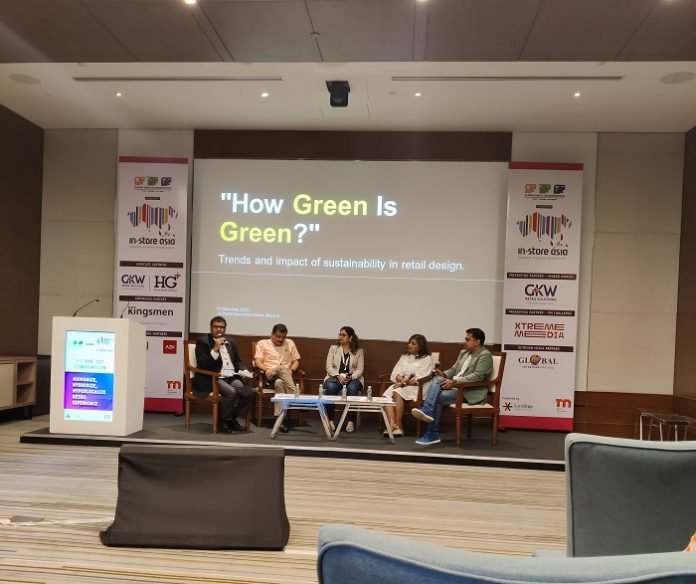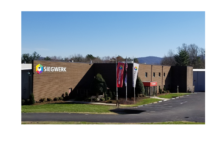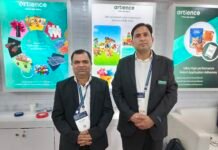A host of stakeholders from the Indian retail industry gathered to discuss sustainability in retail design at the In Store Asia 2023 event held in Mumbai on 1-2 June.
The panel consisted of Rakesh Bhatia from Ecofine Services – a Tata Enterprise, Mansa Jain from Kama Ayurveda, Rohit Midha from Lenovo India, and Minaz Magdum from Reliance Retail. The discussion was moderated by Sanjay Agarwal from Future Research Design Company.
Rakesh Bhatia initiated the discussion by highlighting that sustainability has always been ingrained in Indian culture due to the concept of frugality. He emphasized the importance of considering resources and their conservation in all aspects of the built environment and stores.
“Whatever we do, we think about resources and their conservation. So, I would say sustainability is ingrained in our culture, and we have to practice it when we look at built environments and stores. Sustainability is not just adding green to the store but much more,” Bhatia said.
Mansa Jain said sustainability is often used but misunderstood by society and the industry. She explained that Kama Ayurveda follows a system of giving back to the environment and what it takes from it and provided examples of its sustainable practices.
“In terms of packaging, our bottles are 40-60% PCR bottles, our mono cartons are FSC-ertified. We follow the 360-degree approach when we talk about sustainability,” Jain said.
Minaz Magdum said sustainability is a comprehensive approach for Reliance Retail, encompassing the entire value chain and infrastructure support. She emphasized that sustainability extends beyond the store to the back-office operations, suggesting that it is ingrained in the company’s DNA.
Rohit Midha highlighted Lenovo’s commitment to achieving net-zero emissions by 2050, positioning the company as the only OEM (original equipment manufacturer) validated by the STPI for its approach to sustainability.
“I know a lot of other companies that have made that claim but Lenovo is the only OEM that has been validated by the STPI on our approach,” he said.
The panel agreed that sustainability encompasses more than just environmental concerns and also includes the well-being of society and economic considerations. Bhatia emphasized that sustainability is a matter of common sense, and applying common sense to store and multi-location operations can have positive impacts at both micro and macro levels.
In conclusion, the panel concurred that sustainability is not limited to environmentalism but encompasses various aspects. The speakers emphasized that sustainable designs do not necessarily incur higher costs or longer development times, and can contribute to creating a better environment more quickly. Sustainability is not solely reliant on technology, but rather a choice rooted in values.











